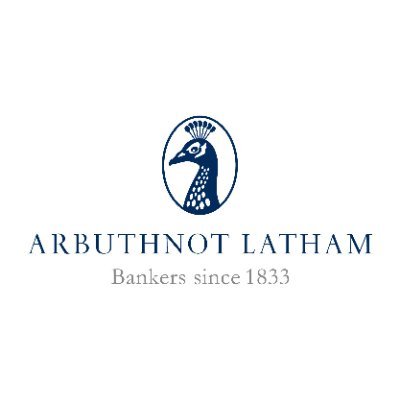Arbuthnot Banking Group plc (LON:ARBB) is the topic of conversation when Hardman and Co’s Analyst Mark Thomas caught up with DirectorsTalk for an exclusive interview.
Q1: You called your recent note “The power ranger of relationship deposit banking?” Can you give a short summary of your key findings?
A1: Arbuthnot Banking Group smashed expectations with underlying 1H’22 profits of £10.7m, which is more than we had forecast for the full year. This was driven by widening margins in a rising rate environment, and, in particular, being a bank with relationship deposits rather than rate-sensitive, best-buy accounts.
Before getting too excited, though, we note 1H’21 was exceptional, and margins will normalise over time, but we have materially increased both FY’22 and FY’23 estimates, despite cost pressures. Current credit cost metrics continue to improve, and management indicates its forward-looking metrics show no signs of stress. Growth and new capital requirements are absorbing the previously large capital surplus.
Q2: It was the results, so perhaps just a few of the headline numbers?
A2: I’ll be brief so pre-tax profits were £3.4m, up from £3.0m and more importantly, underlying pre-tax profits were £10.7m against £6.5m. Group operating income was up by nearly a half to £61m. Loans were £2.1bn against £1.9bn while deposits were £2.8bn against £2.6bn. AUM were £1.3bn against £1.22bn. The net asset value was £13.00, up from £12.92, and finally the dividend was 17p against 16p.
The important thing, though, is not the numbers in the six months but what they tell us about the group’s strategy and its market positioning.
Q3: So, tell us a bit more its market positioning?
A3: A key question on many investors’ minds is how sensitive companies are to a higher inflation and intertest rate environment. ABG is unusual in that it is a clear beneficiary of rising interest rates. ABG has a structural interest rate sensitivity with more assets re-pricing than liabilities.
What was very evident from these results, however, is not only how ABG controls the balance sheet but also the active management of interest rate sensitivity as a whole. Despite rising market interest rates in 1H’22, ABG achieved the remarkable feat of reducing its average cost of funds on the prior year. ABG’s business model has significant relationship account balances, which are less rate sensitive. Its strong liquidity meant the bank chose not to compete for (£100m+) of term deposits as they matured. It chose not to compete more widely in the best-buy tables.
So, in summary, you have a bank whose balance sheet is positioned to gain from rising rates but which also actively manages its business operations to further take opportunities. A double whammy, so to speak, and further increases in interest rates will give the opportunity for more of the same.
Q4: Are you worried about credit?
A4: All the current metrics show an improvement over the six months to June, so the book has actually improved. Unsurprisingly, though, we explored with management what its lead indicators and anecdotal feedback from front-line lenders was telling them. The key message is that none of the lead indicators is flashing either cause for concern or need for provisioning. Some of the areas we discussed in our note included the buy-to-let book, probability of default and loss in the event of default, corporate cashflows, its subsidiary RAF as a bell-weather for the overall market, commercial real estate and ABG’s stress tests before it sanctions a loan.
Q5: Were there any other issues of note from the results?
A5: We explored costs, and where in the business there are particular pressure points and how management will manage inflationary pressures. We also explored its capital position and how future growth will be funded by the accelerated profit generation and balance sheet optimisation, including the disposing of non-core assets and the new originate and distribute deal for new commercial property lending in the core bank.
As always, with a dynamic business such as Arbuthnot Banking Group, there were a number of adjustments to get to what may be considered a normal profit, so our note walks investors through our calculations of that number. Our adjustments actually show a much sharper growth in normalised profit than the company does.






































